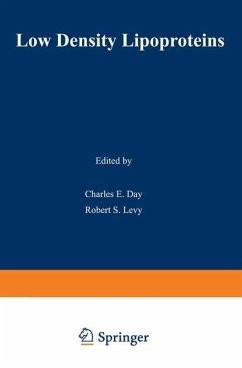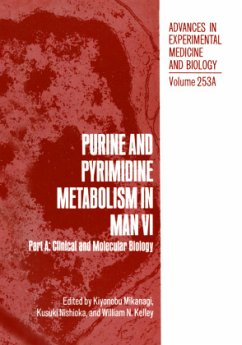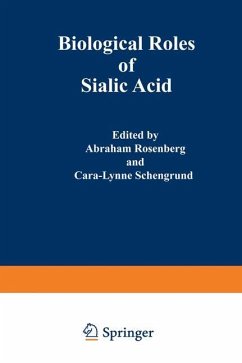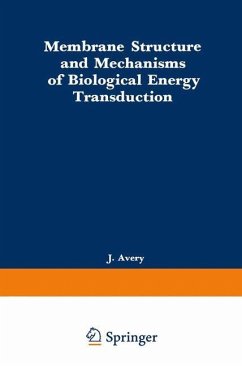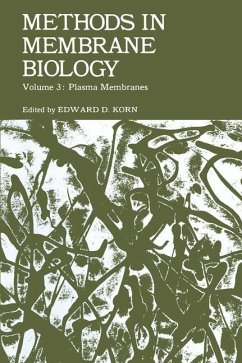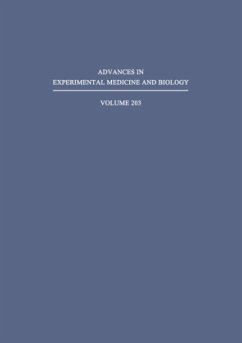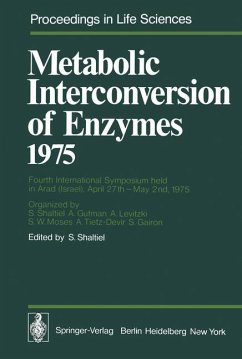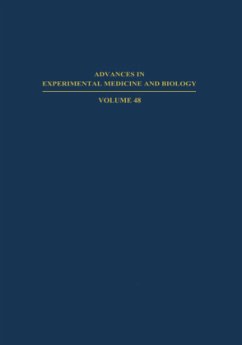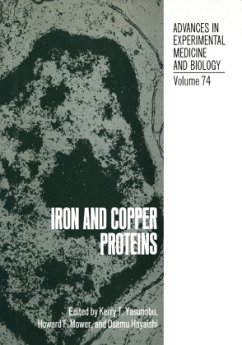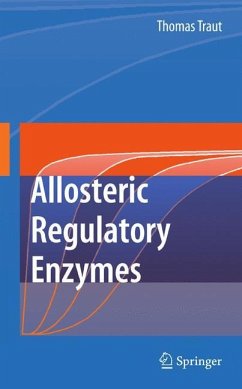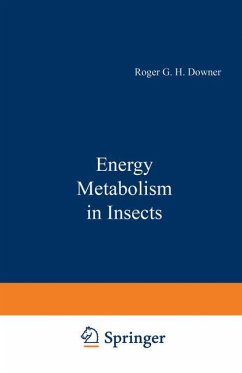
Energy Metabolism in Insects

PAYBACK Punkte
39 °P sammeln!
The scientific program for the XVI International Congress of Entomology, held in Kyoto, Japan August 3-9, 1980 included a symposium on the subject of "Energy Metabolism and Its Regulation in Insects." The symposium provided an opportunity to integrate knowledge, and focus attention, on an important and fundamental aspect of insect biochemis try/physiology. The energy metabolism of insects differs from that of other animals in a variety of ways, including the prodigious amounts of energy expended by flying insects, the presence in hemolymph of large concentrations of sugar in the form of the no...
The scientific program for the XVI International Congress of Entomology, held in Kyoto, Japan August 3-9, 1980 included a symposium on the subject of "Energy Metabolism and Its Regulation in Insects." The symposium provided an opportunity to integrate knowledge, and focus attention, on an important and fundamental aspect of insect biochemis try/physiology. The energy metabolism of insects differs from that of other animals in a variety of ways, including the prodigious amounts of energy expended by flying insects, the presence in hemolymph of large concentrations of sugar in the form of the nonreducing disaccharide tre halose, the transport of fat in the form of diacylglycerol, and the periodic mobilization and deposition of cuticular components during development. These differences, together with hormones, neurohormones, and neu rotransmitters that are specific to (or functionally different in) insects, serve to demonstrate the unique nature of energy metabolism in insects. An obvious corollary from the demonstrated uniqueness of insect energy metabolism is that an understanding of the process may lead to the de velopment of new, specific agents or strategies for the suppression of insect pests. The present volume is an expanded version of the Kyoto symposium.



